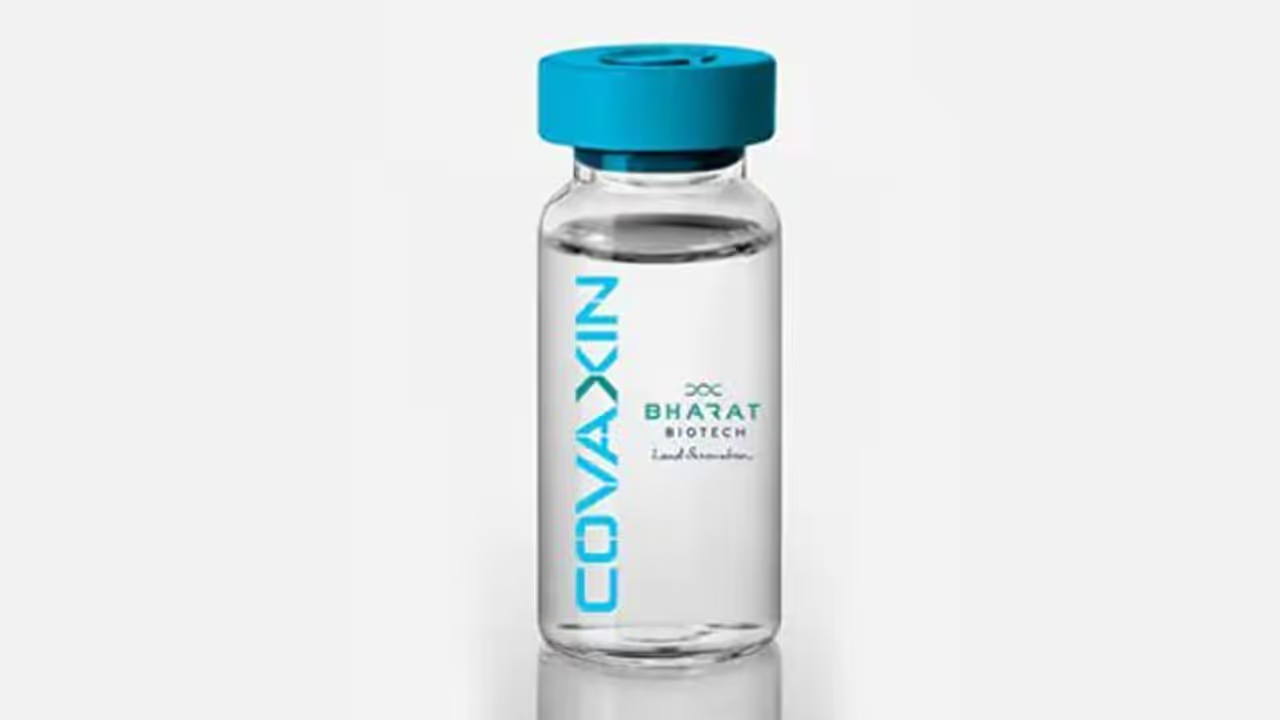Brazil has now turned to its dear friend India for vaccine
Bengaluru: Brazil has now turned to its dear friend India for vaccine.
This move comes after Chinese vaccine candidates ran into a major credibility crisis. It is now relying on consignments of the more reliable AstraZeneca-Oxford vaccine made by the Pune-based Serum Institute of India.
In a diplomatic push for the vaccine, it sought British drugmaker AstraZeneca's COVID-19 vaccine, as per a Reuters report.
Private clinics have struck a preliminary deal for an alternative injection made by India's Bharat Biotech as well.
However, it should be noted that Serum Institute of India expects Indian government to restrict export of COVID-19 vaccines.
Brazil's government is optimistic that it will be able to import the vaccines from India and any hurdles will be resolved diplomatically, a Brazilian official with knowledge of the matter said.
Separately, an association of private Brazilian clinics announced plans to buy 5 million doses of a vaccine developed by Indian company Bharat Biotech, a day after India's health regulator gave it emergency use approval.
In sharp contrast to the western countries and India where data about the efficacy and safety of vaccine candidates have been continuously made available, Chinese companies have chosen not to release such data.
It is also to be noted that Bill Gates has expressed delight and hailed India in its fight against covid-19. He had a special mention for its scientific innovation and vaccine manufacturing capability, as reported by Hindustan Times.
“It’s great to see India’s leadership in scientific innovation and vaccine manufacturing capability as the world works to end the COVID-19 pandemic,” Bill Gates tweeted.
It might be recalled that he had also praised PM Modi for launching Arogya Setu app which helped contact tracing, tracking and connect people to health services.
“We commend your leadership and the proactive measures you and your government have taken to flatten the curve of the COVID-19 infection rate in India, such as adopting a national lockdown, expanding focused testing to identify hot spots for isolation, quarantining, and care, and significantly increasing health expenditures to strengthen the health system response and promote R&D and digital innovation,” Gates had written in April 2020.
